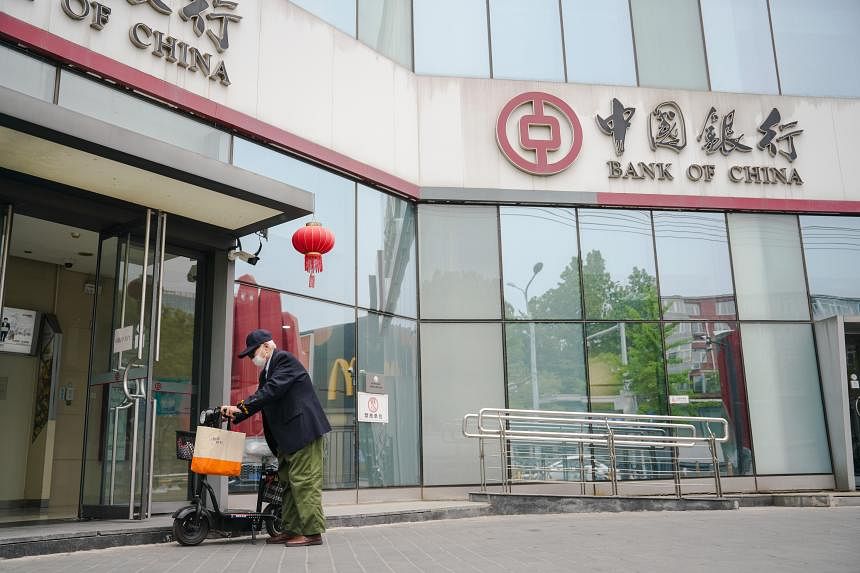


BEIJING – An appliance maker in southern China is finding it hard to ship its products to Russia, not because of any problems with the gadgets but because China’s big banks are throttling payments for such transactions over the threat of US sanctions.
To settle payments for its electrical goods, the Guangdong-based company is considering using currency brokers active along China’s border with Russia, said the company’s founder, Mr Wang, who asked to be identified only by his family name.
The US has imposed an array of sanctions on Russia and Russian entities since the country invaded Ukraine in 2022.
Now the threat of extending these to banks in China – a country Washington blames for “powering” Moscow’s war effort – is chilling the finance that lubricates even non-military trade flowing from China to Russia.
This is posing a growing problem for small Chinese exporters, said seven trading and banking sources familiar with the situation.
As China’s big banks pull back from financing Russia-related transactions, some Chinese companies are turning to small banks on the border and underground financing channels such as money brokers – and even the banned cryptocurrency – the sources told Reuters.
Others have retreated entirely from the Russian market, the sources said.
“You simply cannot do business properly using the official channels,” Mr Wang said, as big banks now take months rather than days to clear payments from Russia, forcing him to tap unorthodox payment channels or shrink his business.
A banker at one of China’s big four state banks said it had tightened scrutiny of Russia-related businesses to avert sanctions risk. “The main reason is to avoid unnecessary trouble,” said the banker, who asked not to be named.
Since March 2024, Chinese banks have intensified their scrutiny of Russia-related transactions or halted business altogether to avoid being targeted by US sanctions, the sources said.
“Transactions between China and Russia will increasingly go through underground channels,” said the head of a trade body in a south-eastern province that represents Chinese businesses with Russian interests. “But these methods carry significant risks.”
Making payments in crypto, banned in China since 2021, might be the only option, said a Moscow-based Russian banker, as “it’s impossible to pass through KYC (know-your-customer) at Chinese banks, big or small”.
China’s foreign ministry was not aware of the practices described by the business people to arrange payments or trouble in settling payments through major Chinese banks, a spokesperson said, referring questions to “the relevant authorities”.
The People’s Bank of China and the National Financial Regulatory Administration, the country’s banking sector regulator, did not respond to Reuters requests for comment.